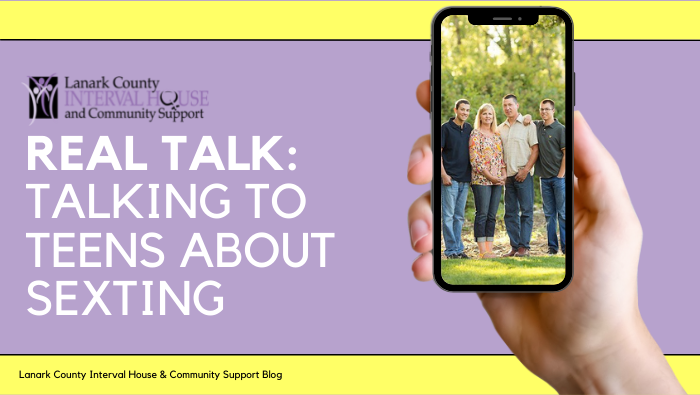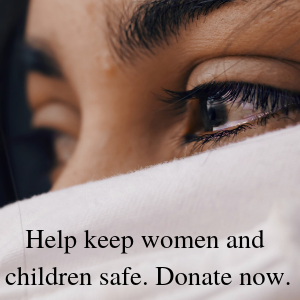Talking to Your Kids About Sexting
Sexting is sending explicit messages or photos and videos by text or online. It is estimates 1 in 6 teens have been asked for explicit messages or photos and with a growing number of teens relying on social media for communication, especially during COVID, the numbers are increasing. From 2019 to 2020, reports of adults enticing minors online doubled to about 38,000, according to data from the National Centre for Missing and Exploited Children. Sexting is most prevalent with teens over 15, but tweens as young as 11 have reported being asked about sexually explicit messages.
Sexting can have a lasting impact on teens’ self-esteem and reputation and can lead to bullying, either online or in person. More importantly, it’s against the law. If your teen is under 18, they can be charged with creating, possessing, and distributing child pornography even if they take the image themselves. The sender and recipient, and even unknowing parents, can face repercussions.
Between confusing feelings, peer pressure and being unaware of the dangers of being online, sexting can seem like a lot. Teens should not have to navigate all of this alone.
Talking to your teens about sexting:
- Make sure you have an open line of communication: Consider starting the conversation by talking about consent and healthy relationships. If they have a good idea about healthy boundaries in relationships, they will be able to apply this to how tech plays into the relationship
- Talk to your teen about general online safety tips and what kind of content is okay to share.
- Be nonjudgmental. The desire to see naked photos and to express sexuality is completely normal, it’s better to validate those feelings and ensure they are well directed than to act like they don’t exists
- It’s easier to shift the behaviour of the recipient than the sender: let teens know it is not okay to pass along images or look at them without the permission of the sender. Let teens know that they can be in trouble for receiving these images as well so it’s better to say no. Let them know about child pornography laws and what may be considered illegal to share. If teens understand it is a crime, it will not seem like gossip or entertainment.
- Biggest thing to remember: the shame belongs with the abuser, not the victim. If your teen sends something inappropriate, they have made a mistake. If their images or messages get passed around without their permission, the person who shares those images deserves the scorn. When someone is the victim of a sexual privacy violation, model compassion for your kids and place blame where it belongs: with the violator


